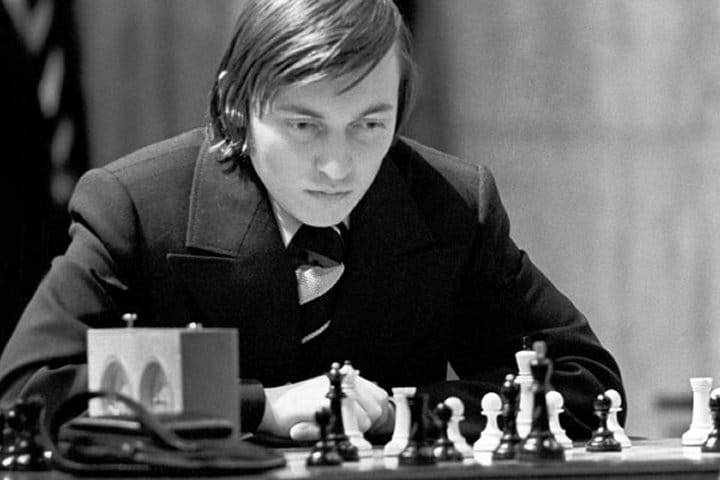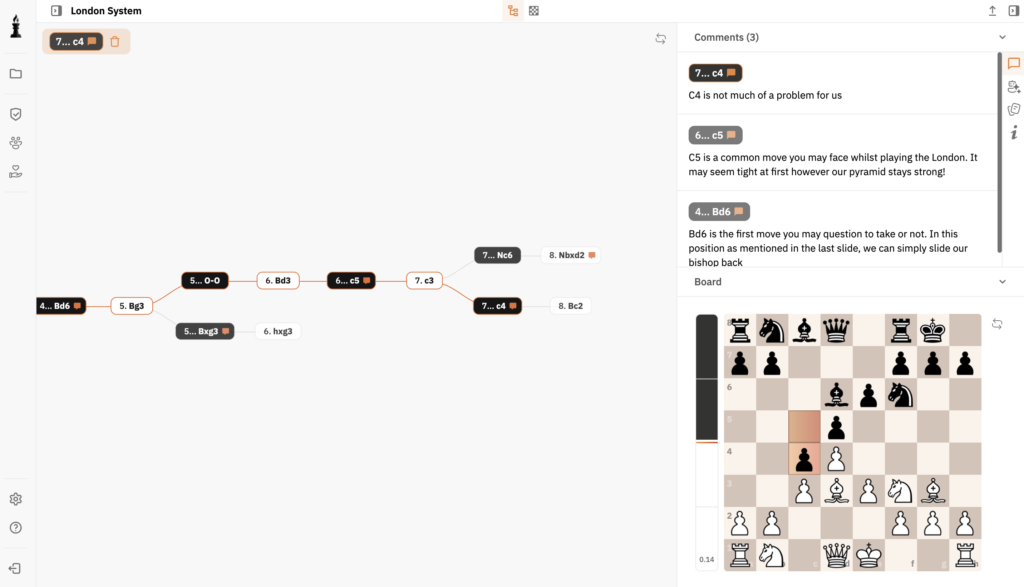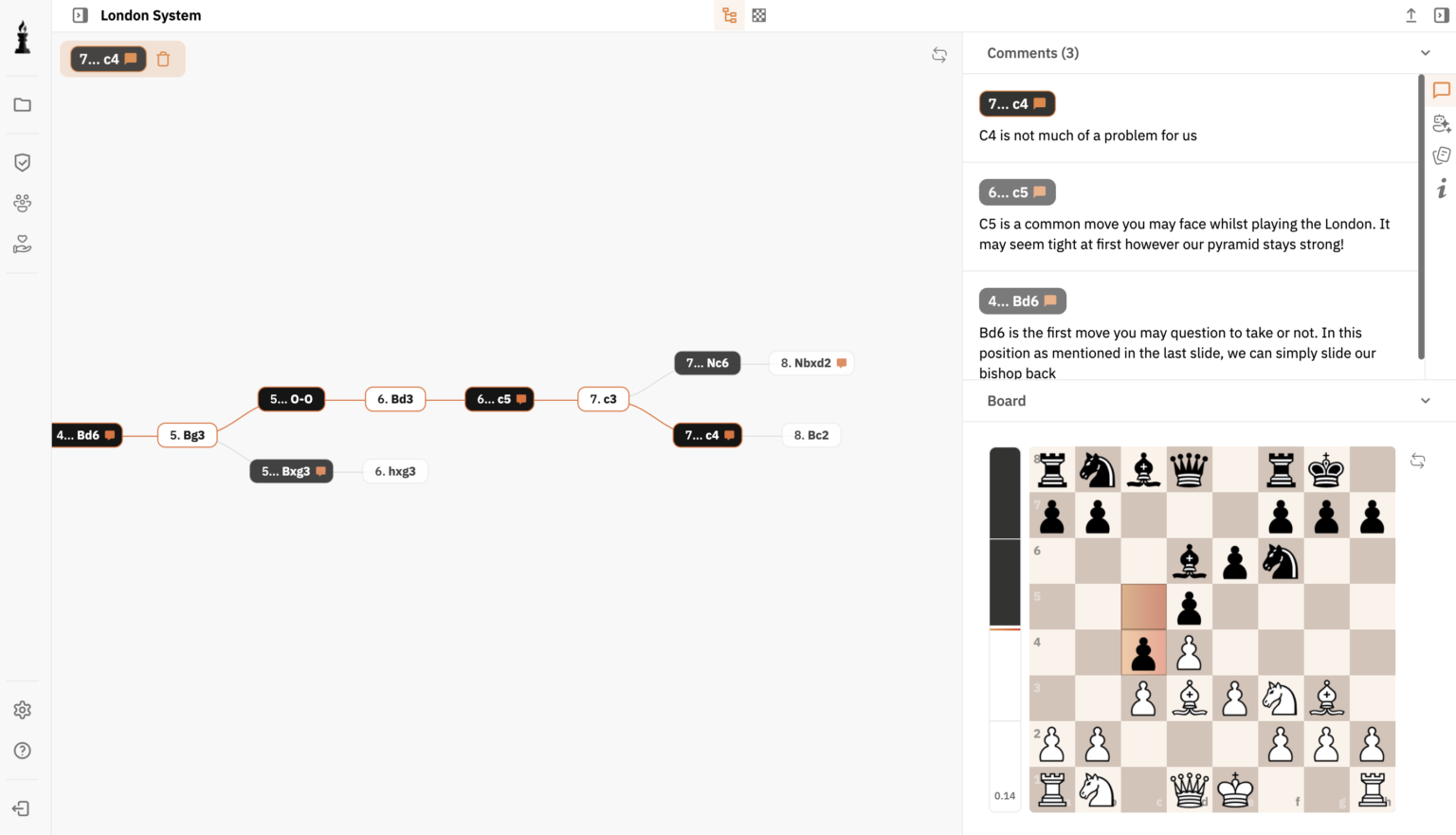Anatoly Karpov is one of the most legendary chess players in history. Known for his precise positional play and deep strategic understanding, Karpov reigned as World Chess Champion for over a decade. This article explores his early life, career highlights, rivalries, playing style, and legacy.
Early Life and Chess Beginnings
Childhood and Introduction to Chess
Anatoly Karpov was born on May 23, 1951, in Zlatoust, Soviet Union. He learned chess at the age of four and quickly demonstrated a natural talent for the game. His early progress was so remarkable that by the age of 12, he was accepted into Mikhail Botvinnik’s prestigious chess school.
Rising Through the Ranks
Under Botvinnik’s guidance, Karpov rapidly improved. He won the Soviet Junior Championship in 1966 and later claimed victory in the World Junior Chess Championship in 1969, signaling his potential as a future world champion.
The Road to the World Championship
Becoming a Grandmaster
Karpov became a Grandmaster in 1970 at just 19 years old. Over the next few years, he proved himself as one of the strongest players in the world, securing key tournament victories.
The 1975 World Championship Title
In 1975, Karpov was set to challenge reigning World Champion Bobby Fischer. However, Fischer refused to defend his title due to disagreements over match conditions. As a result, Karpov was awarded the title by default, making him the 12th World Chess Champion.
The Karpov-Kasparov Rivalry
First Encounters with Kasparov
One of the most famous rivalries in chess history was between Karpov and Garry Kasparov. Their first World Championship match in 1984 was an epic battle, lasting 48 games over five months before being controversially stopped by FIDE with Karpov leading.
Losing and Regaining the Title
In 1985, Kasparov defeated Karpov to become the new World Champion. However, Karpov remained a top challenger, earning multiple rematches against Kasparov in subsequent years.
Karpov’s Playing Style and Influence
Positional Mastery
Karpov’s playing style was characterized by precise positional play, deep strategic planning, and impeccable endgame technique. He excelled at slowly outmaneuvering his opponents rather than relying on tactical brilliance.
Contributions to Chess Theory
Karpov made significant contributions to chess openings and endgames. His games are widely studied for their instructive value, particularly in positional play and prophylactic thinking.
Karpov’s Legacy in Chess
Later Years and Retirement
After his peak competitive years, Karpov remained active in chess, playing in elite tournaments and exhibition matches. He also took on political roles, including serving in the Russian parliament.
Enduring Influence
Karpov’s legacy is cemented in chess history. His approach to the game influenced countless players, and his games continue to be analyzed by professionals and amateurs alike.
Conclusion
Anatoly Karpov’s impact on chess is undeniable. As one of the greatest champions, his mastery of positional play and relentless pursuit of excellence have left an indelible mark on the game. His rivalry with Kasparov, strategic brilliance, and enduring contributions make him a true icon of chess history.






